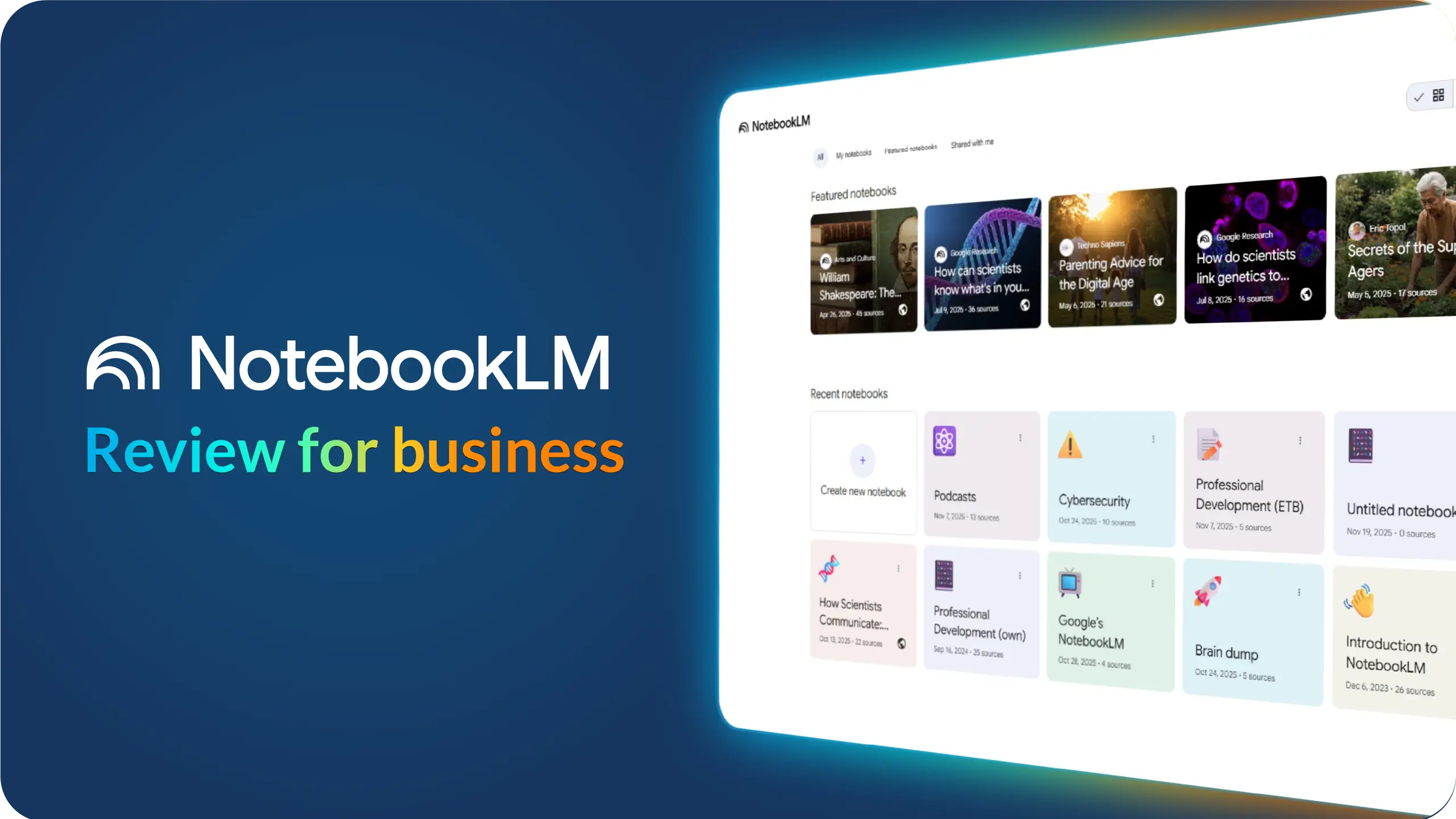The lost art of asking questions

“In the word ‘question’ there is a beautiful word—quest.”
–Elie Weisel, Romanian-American writer
What happened to questions?
When we ask questions, we embark on an exploration of new ideas and a conquest for new information. This is most apparent in children who have an innate sense of wonder.
The world itself and the way it works provide constant new territory to discover and conquer. If you’ve spent much time with a three-year-old lately, you’ll note that most of the things they say begin with “Why?” or “How come?”
In fact, 90% of the things children say are questions and they aren’t shy about asking them, whether the answer is obvious or not. Meanwhile, only 15-to-20% of the things we say as adults are questions.
When did we lose our curiosity about the world and start assuming we know it all? When did we lose touch with our inner explorer?
Why did asking go out of style?
In work and school environments alike, we are trained not to ask questions but to answer them. Bosses encourage us to be problem solvers, not presenters.
But is asking questions really such a waste of time? For one, expanding our understanding of something is never a waste. Additionally, asking questions early on can save more time later in a project by preventing the need to rework, rethink, or do it all over again. Asking questions at the start will also provide for more informed decision-making down the road.
Don't hesitate to ask
Here’s an example where everyone involved would have benefitted from question-based culture:
A new employee is learning client onboarding software but wasn't aware that you need to add a date of birth for each client in order for the onboarding to file correctly. In this case, asking for clarification beforehand would have saved the employee and the company more time upfront, rather than correcting each mistake after the fact.
The rewards of questioning
Asking questions is also a healthy way to engage with the world at large. Very few of us are experts at anything, let alone everything, so why not be open to learning? Questions lead to more questions which could lead to a newfound passion, an enhanced insight into your life and the lives of those around you, and a more open and flexible mind.
Start asking again
Here are a few ways to reconnect with your inner explorer:
- Ask yourself if you are asking enough questions.
- Notice when you don't ask a question that comes to mind and ask yourself why you didn’t.
- Set a goal to incorporate “why not” and “what if” into your daily practices.
Go into the world with curiosity and see how much it gives you in return!
.png)












